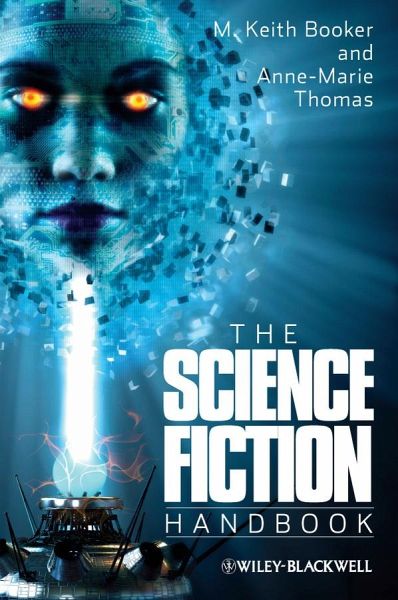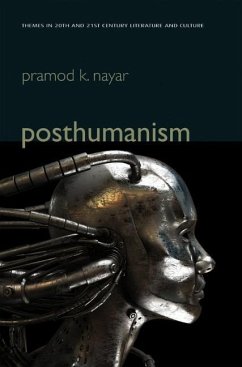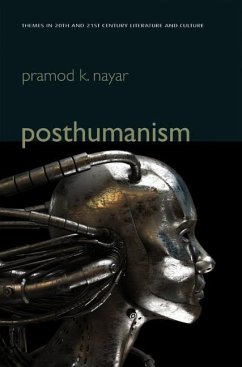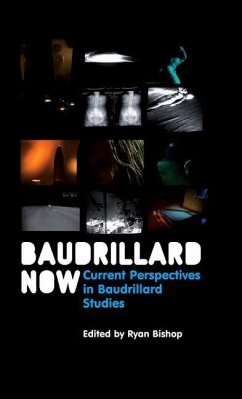
The Science Fiction Handbook
Versandkostenfrei!
Versandfertig in über 4 Wochen
28,99 €
inkl. MwSt.

PAYBACK Punkte
14 °P sammeln!
Few literary genres can expand the boundaries of our imagination as much as science fiction. The Science Fiction Handbook offers a comprehensive historical survey of literary works of science fiction and its most popular sub-genres.
The Science Fiction Handbook offers a comprehensive and accessible survey of one of the literary world s most fascinating genres.
Includes separate historical surveys of key subgenres including time-travel narratives, post-apocalyptic and post-disaster narratives and works of utopian and dystopian science fiction
Each subgenre survey includes an extensive list of relevant critical readings, recommended novels in the subgenre, and recommended films relevant to the subgenre
Features entries on a number of key science fiction authors and extensive discussion of major science fiction novels or sequences
Writers and works include Isaac Asimov; Margaret Atwood; George Orwell; Ursula K. Le Guin; The War of the Worlds (1898); Starship Troopers (1959); Mars Trilogy (1993-6); and many more
A Science Fiction Glossary completes this indispensable Handbook
Includes separate historical surveys of key subgenres including time-travel narratives, post-apocalyptic and post-disaster narratives and works of utopian and dystopian science fiction
Each subgenre survey includes an extensive list of relevant critical readings, recommended novels in the subgenre, and recommended films relevant to the subgenre
Features entries on a number of key science fiction authors and extensive discussion of major science fiction novels or sequences
Writers and works include Isaac Asimov; Margaret Atwood; George Orwell; Ursula K. Le Guin; The War of the Worlds (1898); Starship Troopers (1959); Mars Trilogy (1993-6); and many more
A Science Fiction Glossary completes this indispensable Handbook












